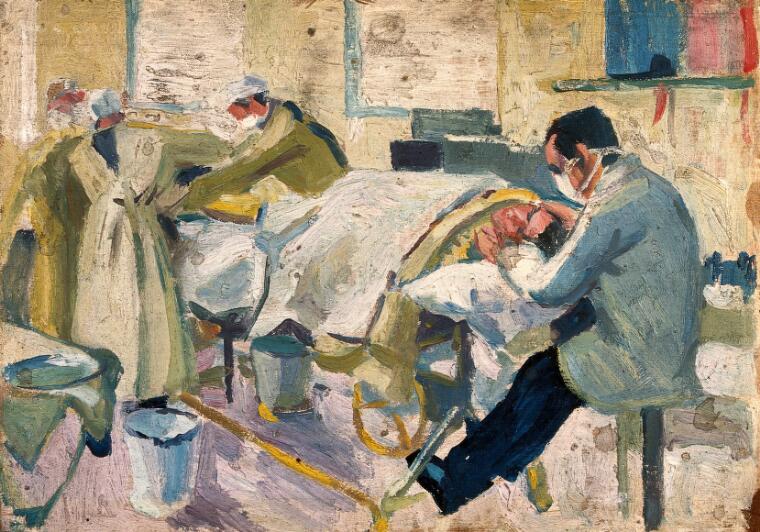
What Kind of Healthcare Do Slovaks Expect?
Public healthcare should also work with priorities. What has more priority? Financial or geographical accessibility? Quality or quantity? What should be clearly free and, conversely, what is the Slovak patient-insured-consumer willing to pay for?







